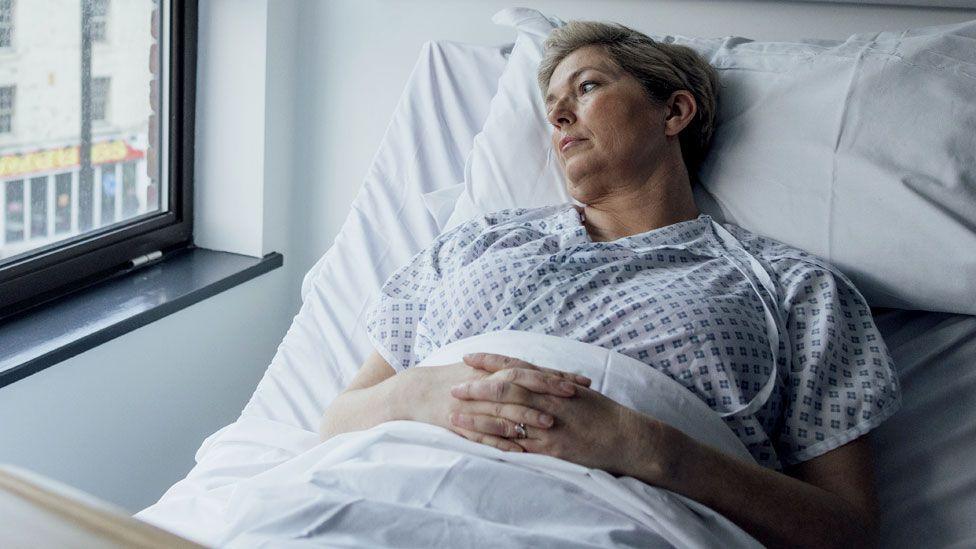Mum who was given 12 weeks to live calls for change
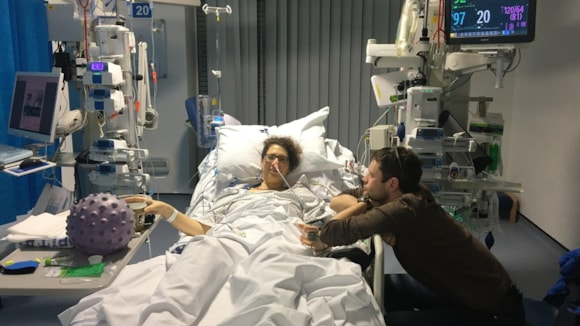
Bryony Thomas was told only 7% of people survive her diagnosis
- Published
A mother who was given 12 weeks to live after being diagnosed with pancreatic cancer has called for change.
Bryony Thomas, who was living in Bishopston, Bristol at the time, is urging everyone to become more comfortable talking about their poo, including doctors.
She visited a GP "on and off for years" before doctors discovered a tumour. Only 7% of patients survive with her diagnosis, but consultants at Bristol Royal Infirmary successfully removed the tumour.
"I simply would not be alive without the work of the team. I am so grateful," said Ms Thomas.
Five years later, Ms Thomas, who now lives in Stroud, is planning to run the London Marathon in aid of charity Pancreatic Cancer UK.
She is also hoping to raise awareness of some of the symptoms of the cancer and believes there is a lack of understanding about the disease.
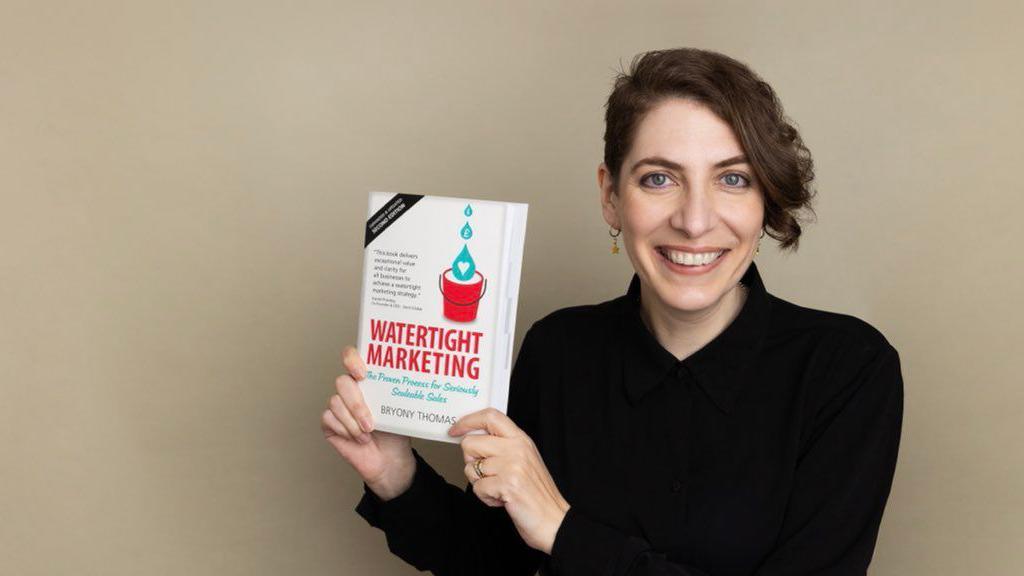
Ms Thomas believes people should feel confident discussing symptoms without embarrassment
"I went to see GPs on and off for years before my diagnosis and I was asked about my 'bowel movements' but no one ever asked me if my poo was pale or floating.
"If they had I would have told them that it was. I later learned that this can be a sign of pancreatic insufficiency," she said.
Doctors initially misdiagnosed Ms Thomas' ongoing health conditions as lifestyle factors after tests failed to find a cause.
She was immediately sent to the Emergency Department at the BRI after calling 111 when she noticed her urine had turned dark brown.
She was operated on by Meg Finch-Jones, consultant in hepatobiliary surgery at University Hospitals Bristol and Weston NHS Foundation Trust, who said that she was "so pleased that Bryony has chosen to champion pancreas cancer awareness".
Lifelong medication
“All patients are considered on a case-by-case basis, and a lot of factors go into making these critical decisions," she added.
"When surgery is possible, aggressive surgery and advanced chemotherapy offer the people in our care the best chance but overall early diagnosis is key."
The mother-of-one underwent chemotherapy after her operation and now needs lifelong medication to produce enzymes that would naturally be made in her pancreas.
She believes people should feel confident discussing symptoms without embarrassment.
“I think the term ‘bowel movements’ should be banned. We all need to get used to talking about our poo, and doctors do too," she said.
- Published28 March 2024
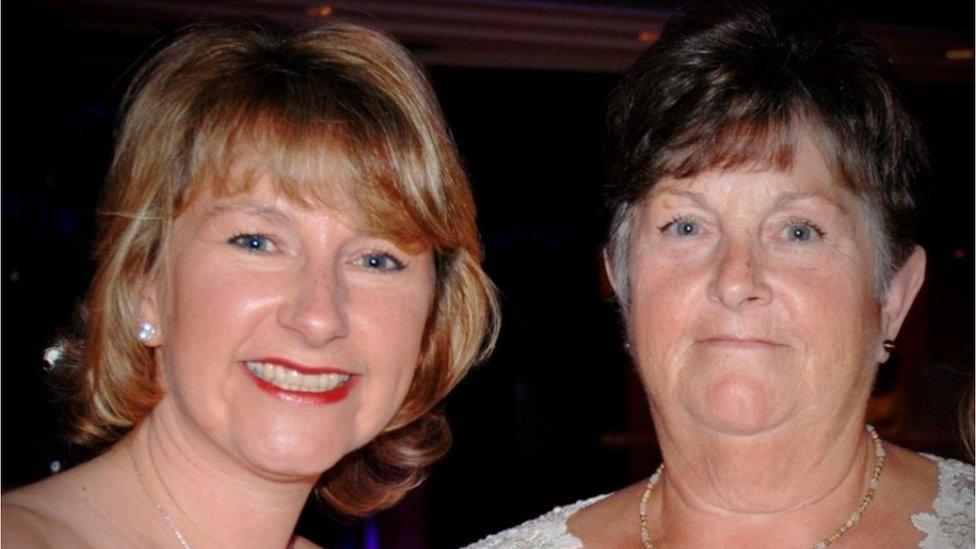
- Published2 February 2024
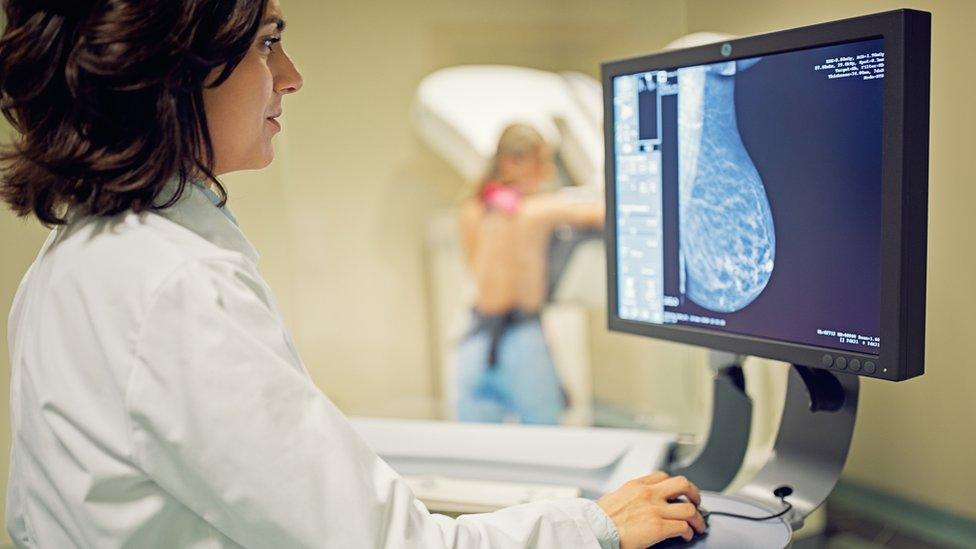
- Published20 September 2024
